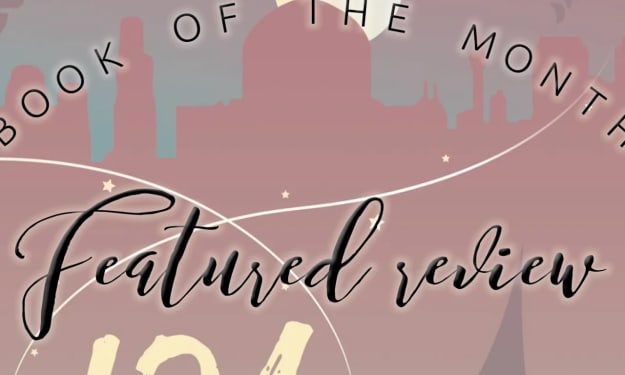Rachel Reviews: Ransom by David Malouf
Malouf retells, in his own words but with the air of the original Homer, the story of Priam and Achilles and the ransom for Hector's body

My familiarity with Homer's The Iliad is limited. I have an idea of some of the characters discussed and the traits but I cannot profess to have much detailed knowledge. I have it on my bookshelf but I have never read it.
However, I am interested in it and this novel by David Malouf is a great way to introduce a reader to the finer points of the legend of Achilles; the death of Patroclus; Achilles' revenge on Hector, Patroclus' killer; and King Priam's eagerness to recover his son, Hector's body.
I wasn't sure about this book at first. It begins with Achilles and the background to his strong relationship with Patroclus and how they first encounter each other. I think this is needed in order for Achilles' reaction to Patroclus' death at the hand of Hector to have power, as Achilles is beyond distraught. There is some argument as to whether Achilles and Patroclus are more than best friends in educated circles, although this is not covered in the novel; however, the depth of their connection is. Despite the grief of Achilles, I found this section lacked the emotional power of the latter scenes and it is latterly that the book's strength lies.
It is when Priam decides to recover the body of his son that the book begins to open up. We learn of Priam having a dream and how he is keen to follow his vision exactly. He talks of this with his wife, Hecuba and whilst his family attempt to dissuade him, he is resolved. A simple carter is employed and Priam is taken to the Greeks in order to offer a ransom for the safe return of Hector's remains, so that he can honour his son with a proper burial.
It is the relationship between Priam and Somax, the carter which provides the meat of the book. Malouf shows in their experiences that, despite their difference in status, there is not much that separates them as humans. Malouf also brings in divine interference, a common thing in Greek myth, which adds an entertaining dimension to the story.
Priam and Achilles' meeting is evoked well and on reading, there is a sense that this is how leaders should behave: with dignity and respect for each other when face-to-face, man-to-man. It is in the commonality that solutions are found.
A good read, all in all.
Rachel Rating: 4/5 stars
This review was first published on Reedsy Discovery:
Thanks for stopping by! If you do read this review, please do leave a comment as I love to interact with my readers. If you've read the book, please do let me know what you thought of it.






Comments (3)
I'm not familiar at all with The Iliad though I have heard of Achilles. I'll just skip this, not my cup of tea. I enjoyed your review!
This is another excellent review, Rachel. The interaction between Priam as he begs Achilles to return his son’s body is the most moving scene in The Iliad. The Iliad is a difficult read in my mind for 2 reasons. Portions of it read like the chronology of generations in the Old Testament. Long and tedious. The actions scenes are gratuitously violent building over time into an orgy of gore. If you’re interested in learning more about the Iliad without necessarily reading it, I recommend reading the introduction to Emily Wilson’s translation. The Author Madeline Miller brilliantly captures the pathos of the Priam and Achilles meeting in her novel The Song of Achilles. Like her novel Circe, I would give it 5 stars.
I have to check this out!